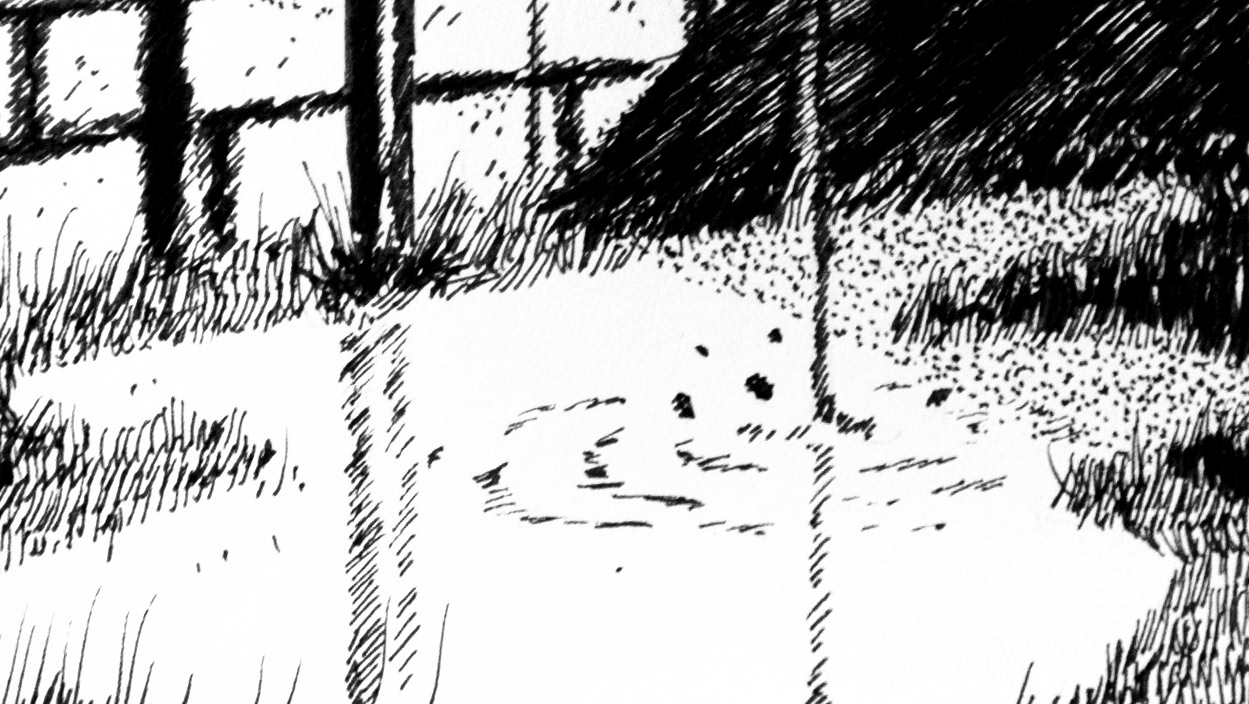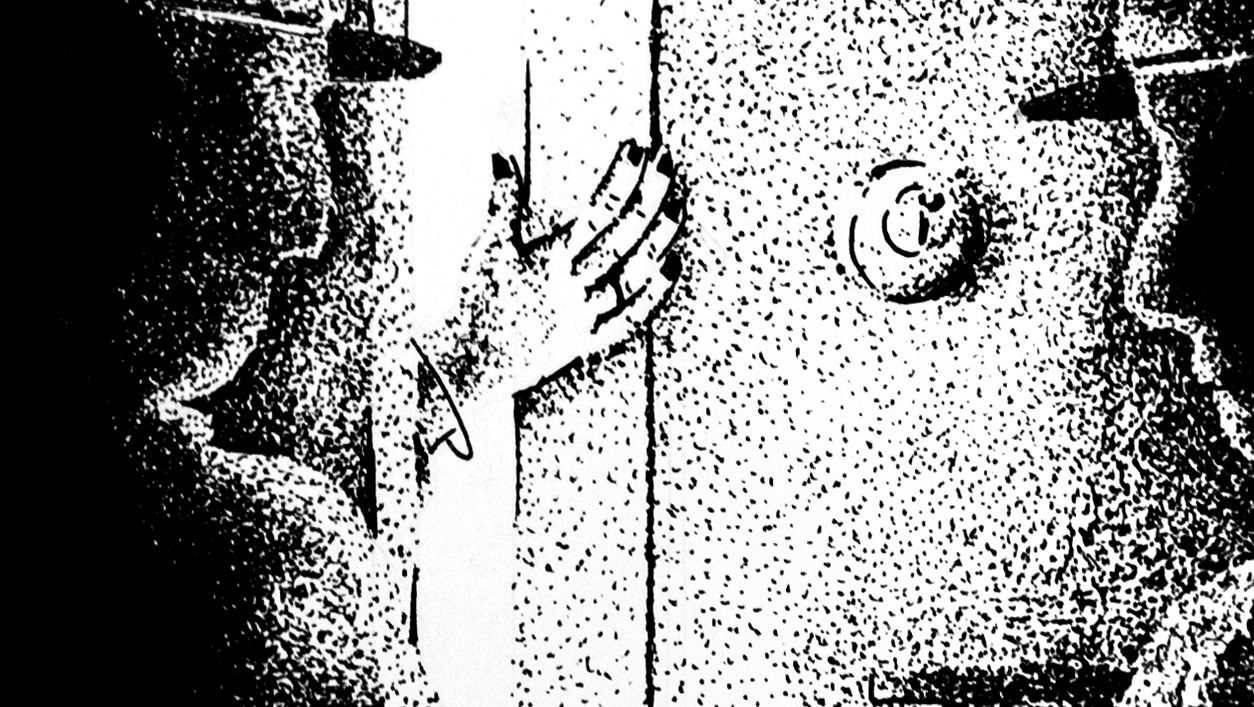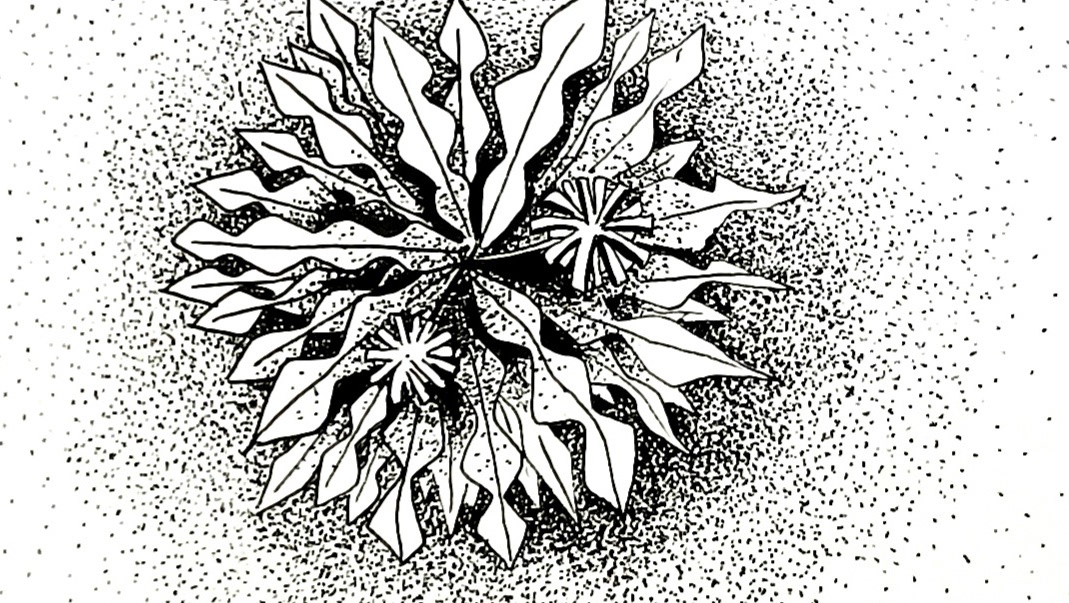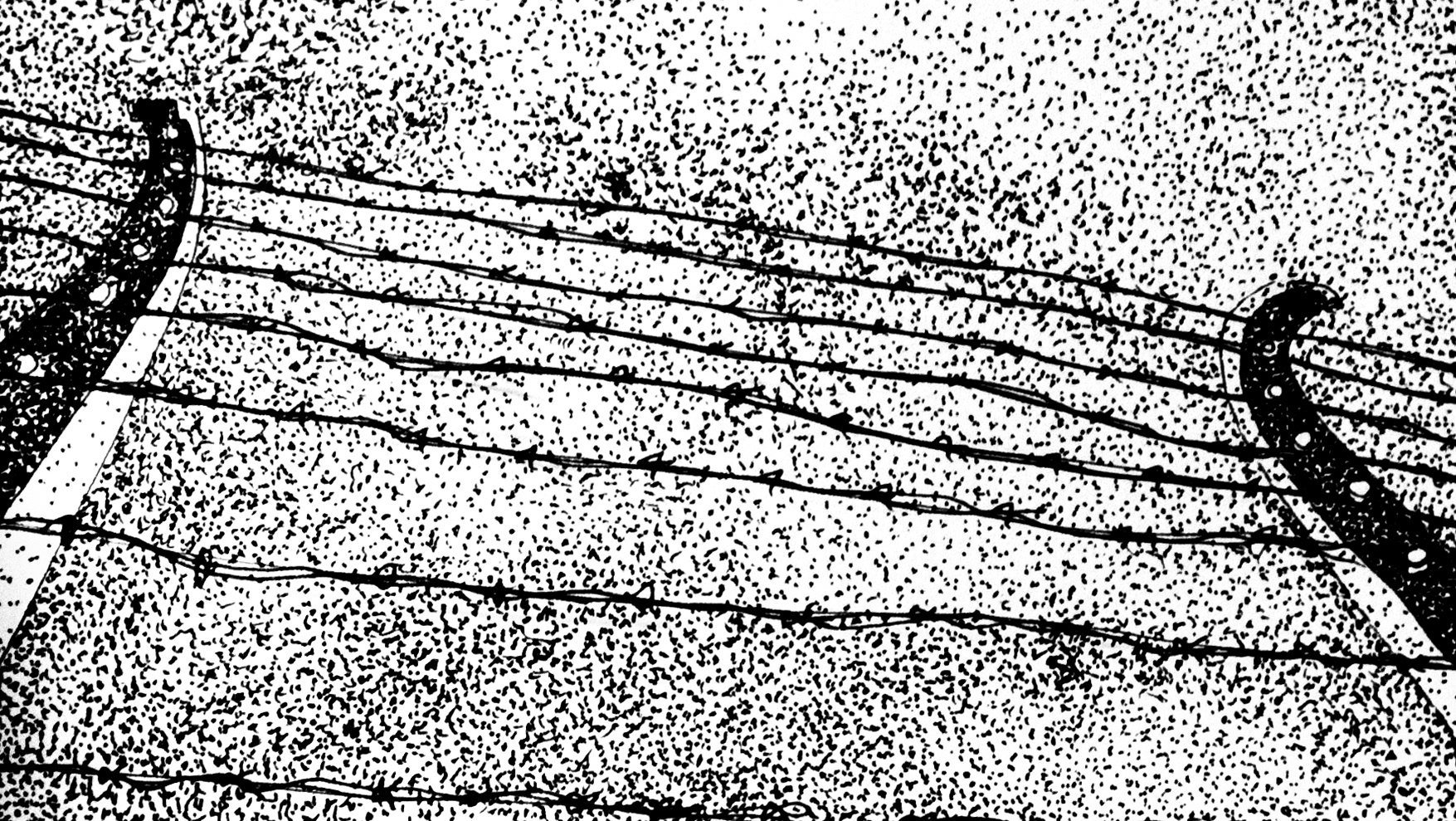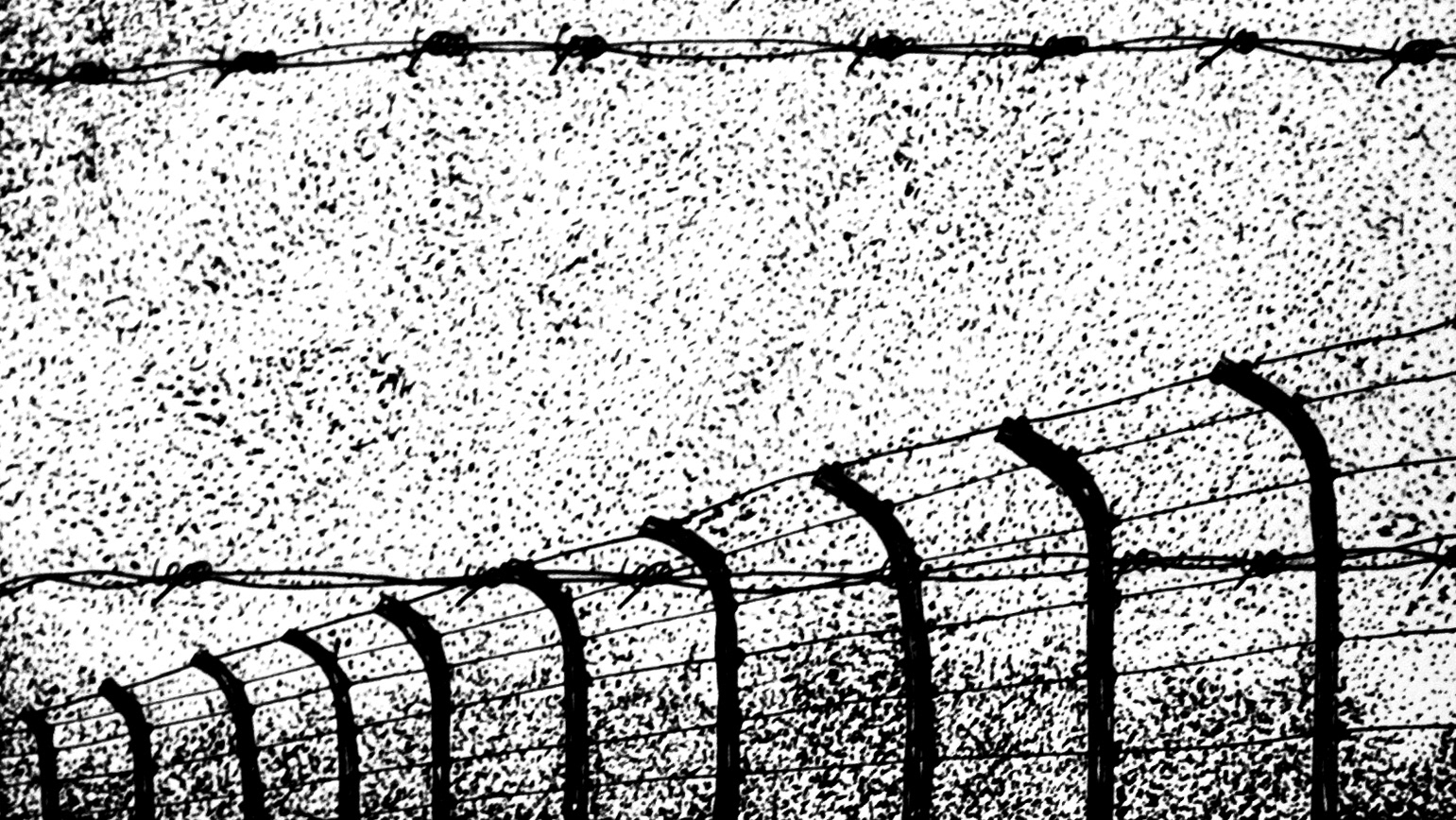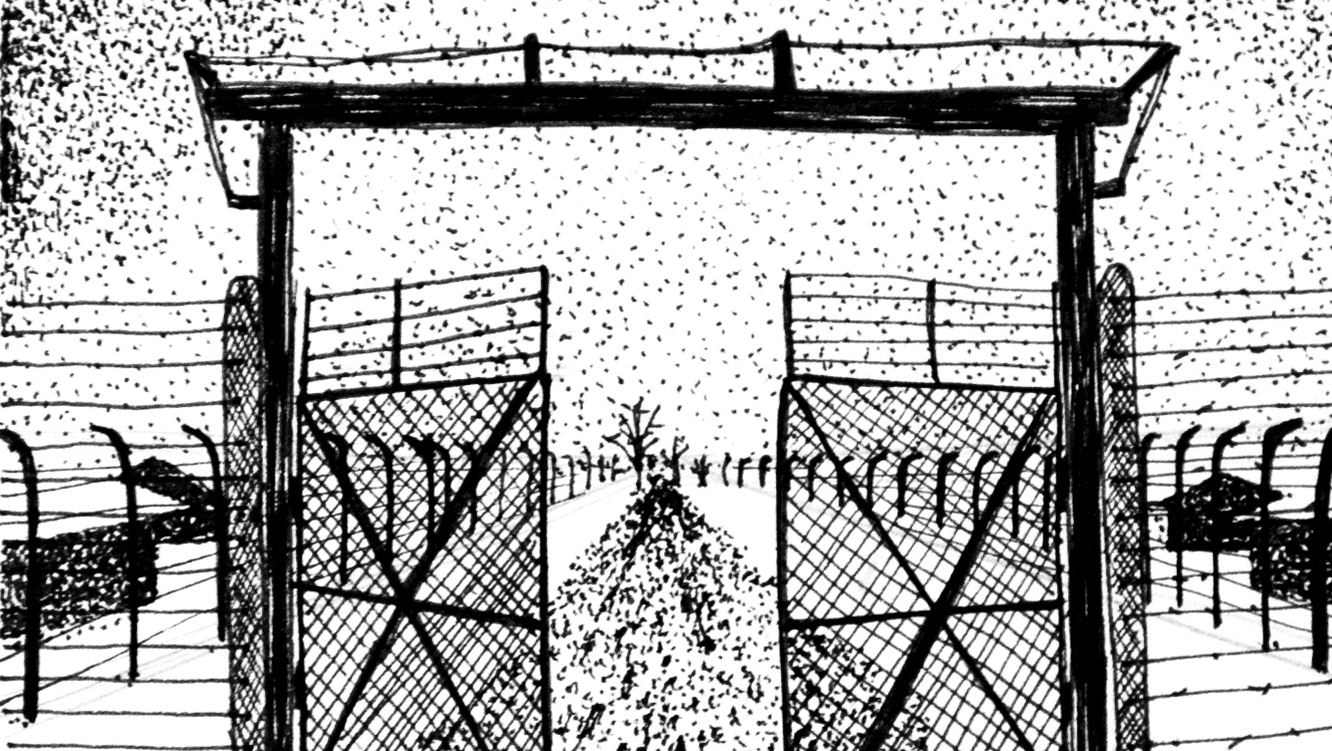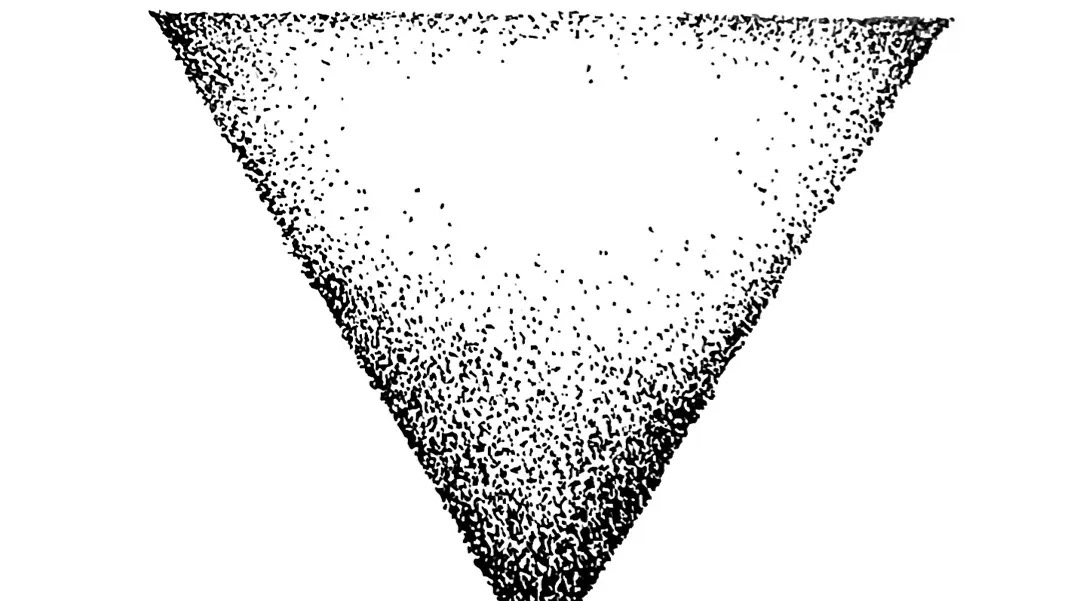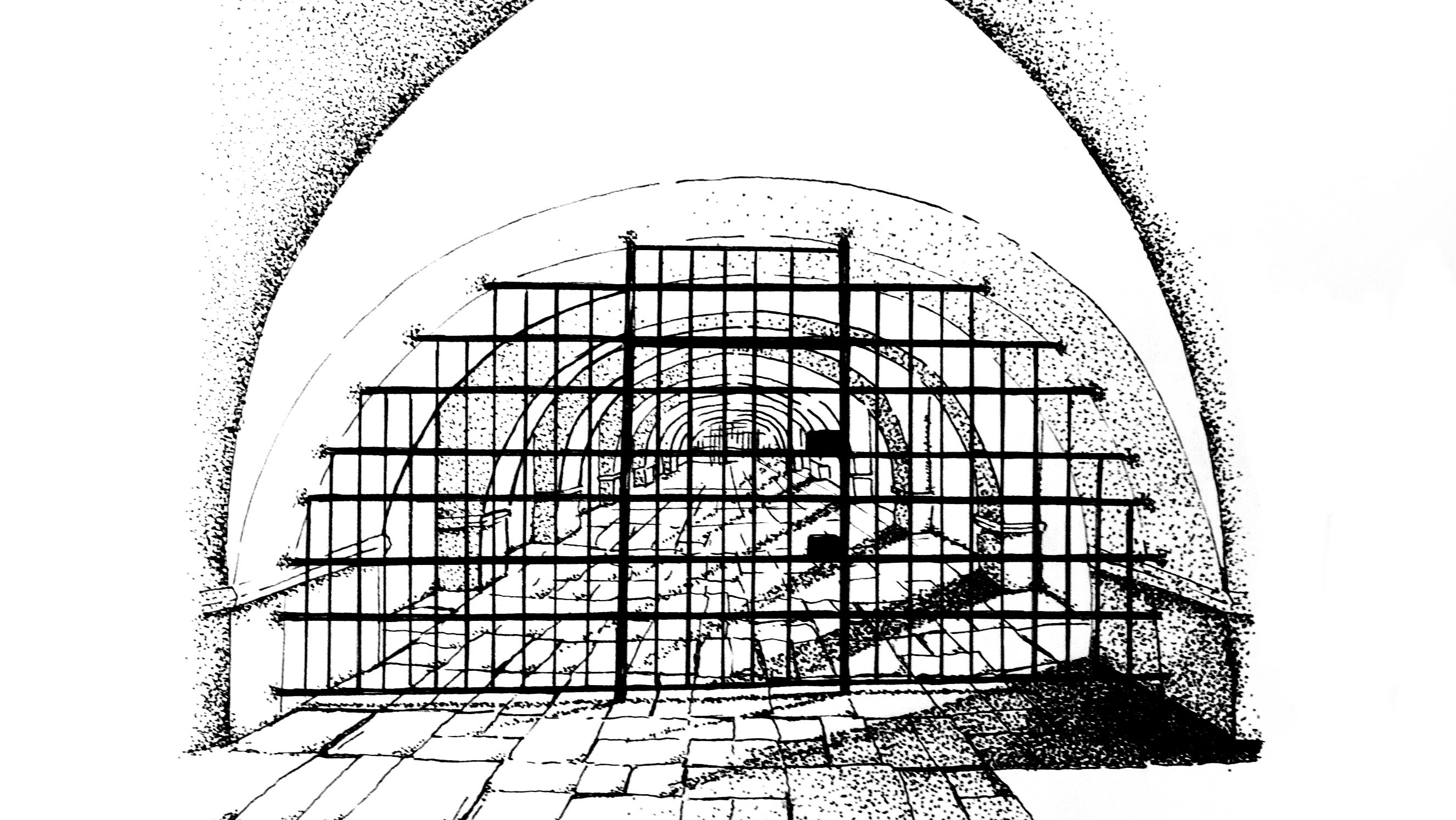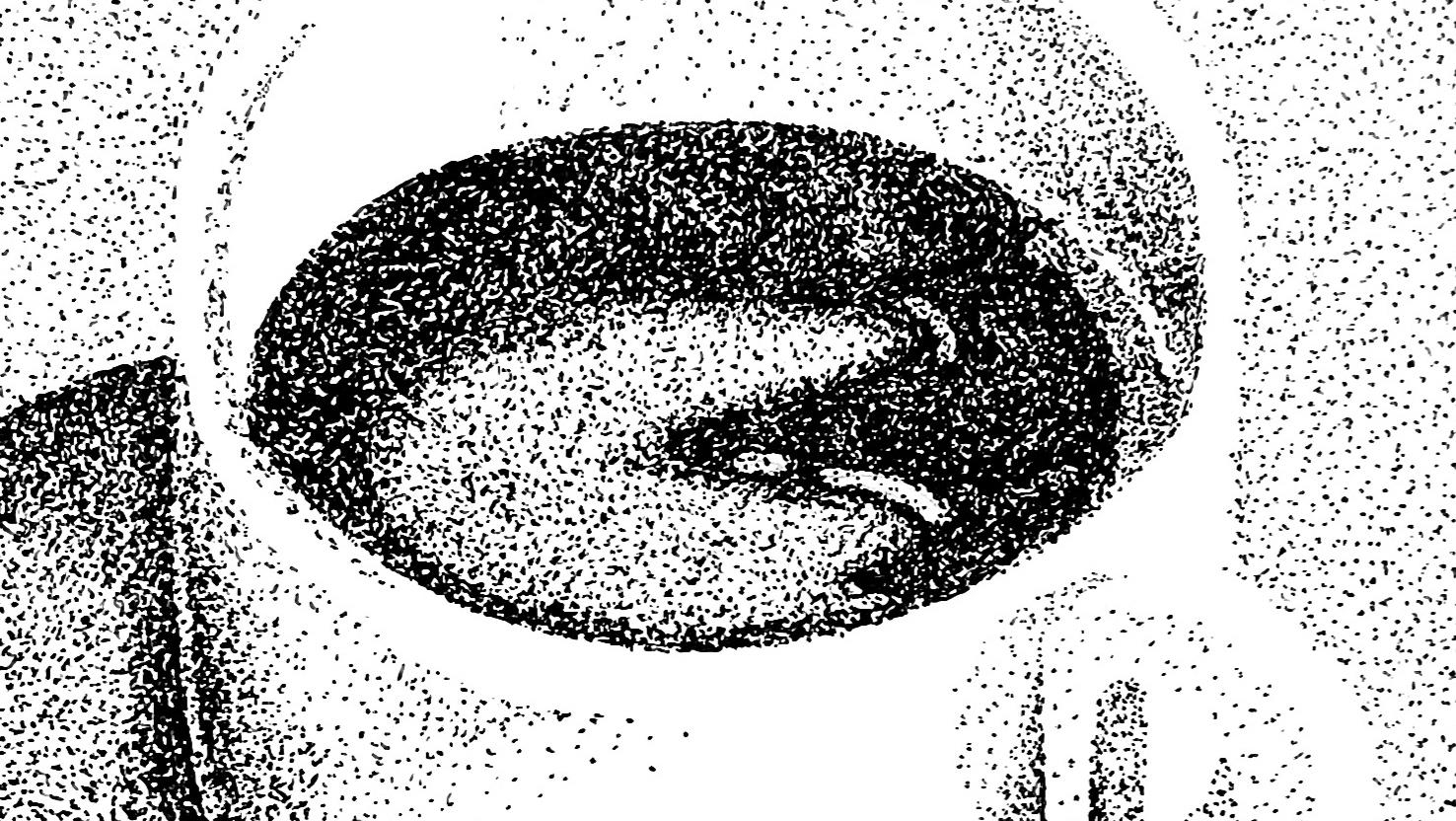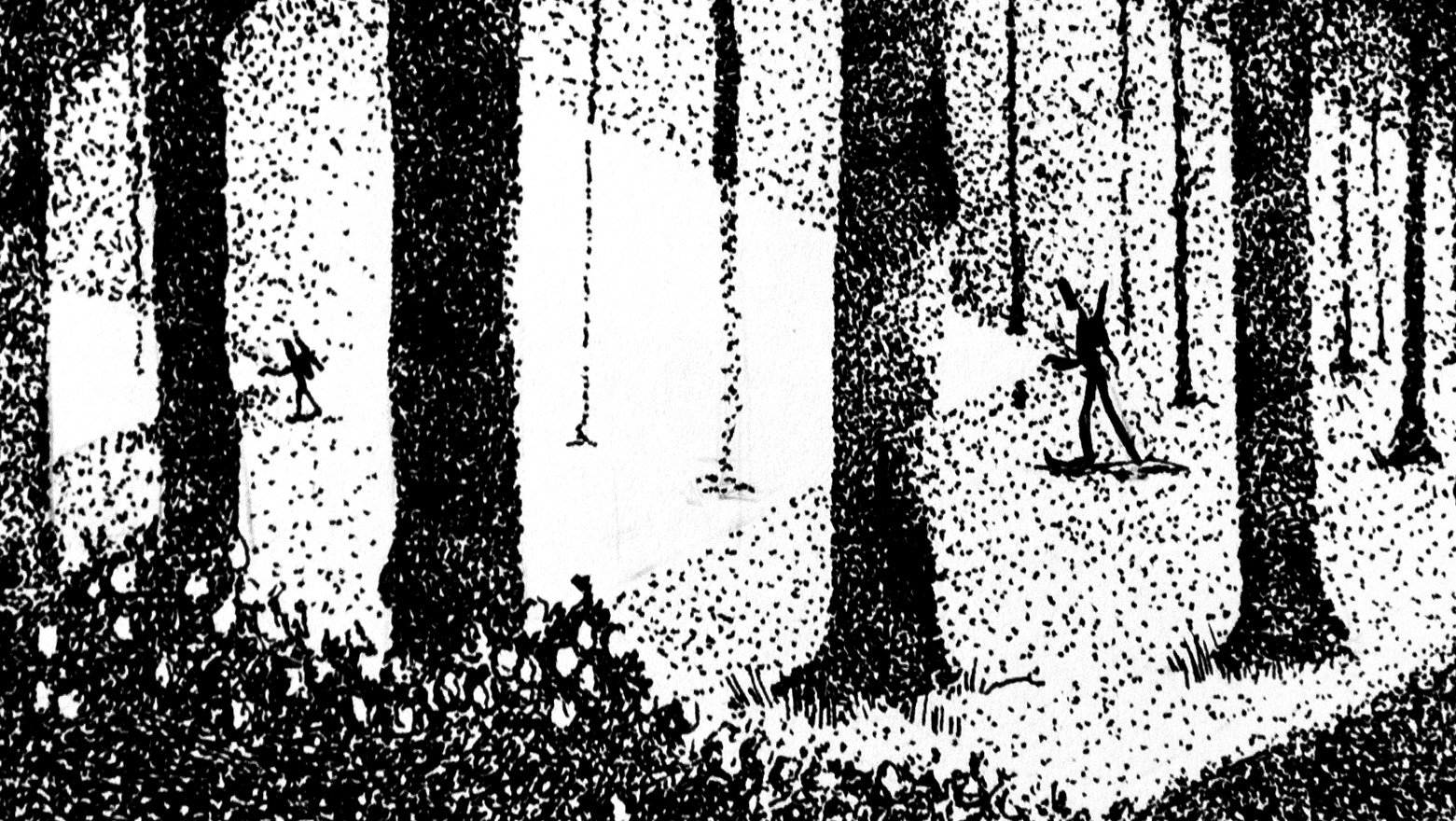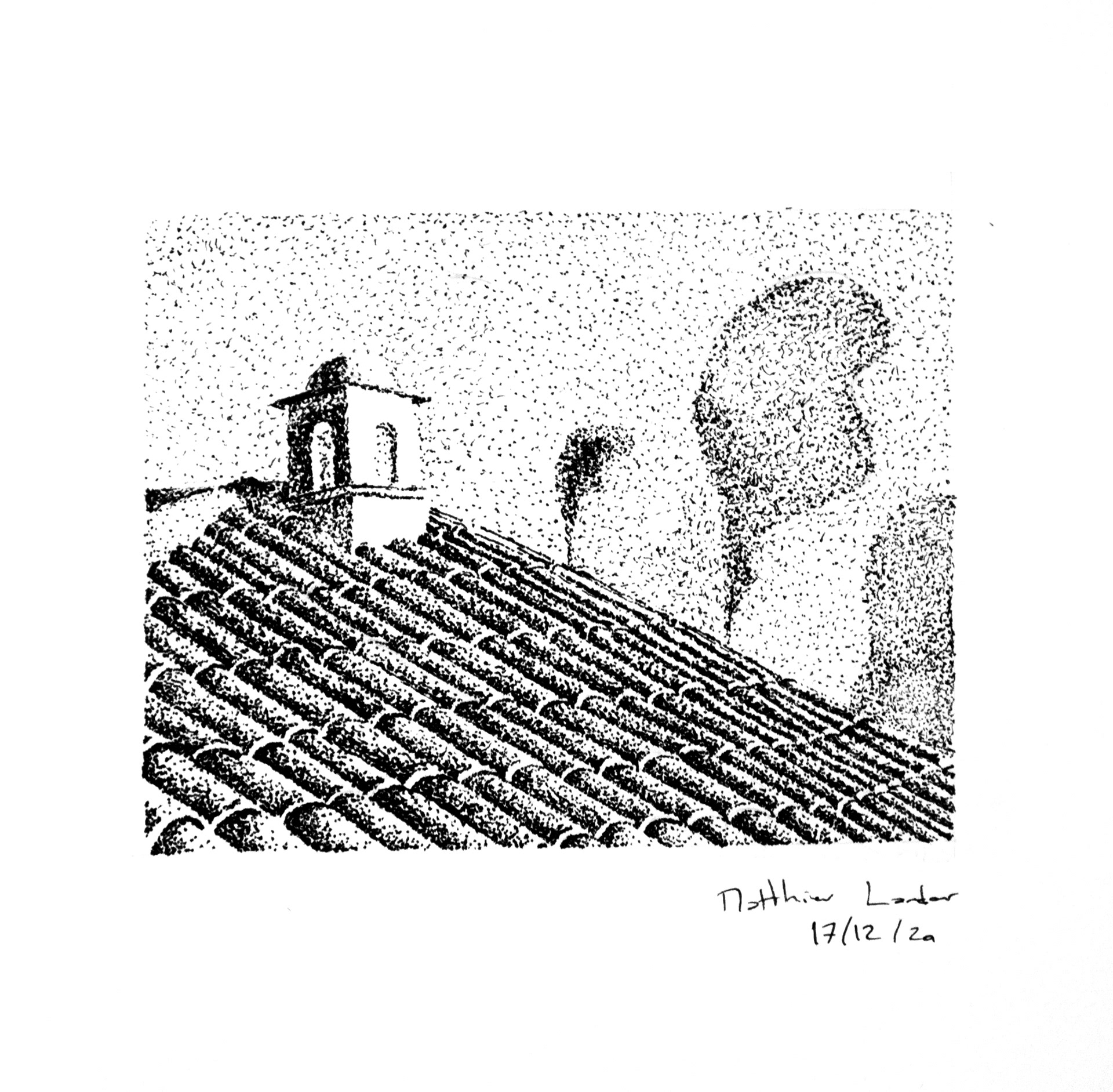
the civil war
Jean is a man still at war, before France declared it, after France lost it.
He was part of the international brigades during the spanish civil war in 1936. He was arrested and became a hostage in 1942 for this very reason.
Today is a day in September, in Auschwitz, no one quite knows which, it is hard to keep count. It is also hard to keep up with the news, to know what is happening outside the camp, everyone is primarily focused on finishing the day alive, avoid violence, eat enough, get enough rest. The remaining time, if any, is spent mostly on helping a friend finding more food, finding space for him inside the blocks.
Around him, Marcel Claus is so exhausted he can't even stand still. 2 friends of him, including jean Quadri, help him to stand every morning and every evening as he is being called, hiding him during the day, working for him. Jean remembers the guy, he tried to saw the planks on the train to escape. It looks like he failed.
The blocks are still crowded, yet a little less. The 45000 have been scattered in Birkenau and Auschwitz, some haven't been seen since the train, some were murdered, some went to the Revier and never came back. People are disappearing, no one is quite sure where. There are stories of mass graves in the woods, of entire trains of jewish people arriving and disappearing straight away, and of mass burnings in crematory ovens. This sounds insane, but you can't deny the disappearances, you can't deny the smoke, the smell. This whole place is insane, so those stories don't sound too crazy in comparison.
Jean used to be a tough muscular man, but weeks of effort and maltrinution have taken a toll on his body. The group of the international brigades is shrinking, Marcel Boyer died, so did Jacques Delestre, Roger Desmonts, Ernest Gourichon, Pierre Jeusset, Israel Kupferman, Raymond Legrand, Andre Steff, Edouard Vasselin, Maurice Vernichon. Jean didn't know them all from the war in Spain, but they spent 5 months together at the prison of the Tourelles. Jean holds on, he wants to survive this place, go back to his wife Celestine and their son, he wishes to hold for telling the story of this place.
Back in 1936, the spanish civil war began. As a center left republican government, with ties with the communist party, was elected and created, a coalition of conservatives and military factions decided on a coup. The coup worked only partly, the country was divided. The republicans, supported by Soviet Union and Mexico on one side, and the nationalists on the other side, supported by Italy and Germany, fought for the entire territory. In many ways, this war was a rehearsal for the Second World war.
France, the United Kingdom and the USA supported the Republicans yet agreed not to intervene. However, citizens of Europe decided to act, they joined the International Brigades and went to fight alongside the Republican, to help, to resist, to oppose. They thought it was an important war, important enough to fight, Jean Cazorla was one of those men.
He was present at the battle of Guadalajara. In 1937, The nationalist army, led by Franco, aimed for besieging Spain's capital, Madrid. The Guadalajara battle was an attempt from Franco, the nationalist leader, and the italian army to circle the city, in the hope this would put an end to the war.
Jean fought hard, so did everyone. They had built strong defenses, and the italians couldn't breach them. The counter attack was a success, the italians, though superior in tanks, were defeated, and even retrated for a short distance. The battle of Guadalajara was a victory for the Republicans, it gave hope that they could regain Spain.
But it was the only Republican victory. Afterwards, loss after loss, Jean saw many people dying, friends.
On the 27th of October 1938, Jean and the International Brigades were asked to gather in Barcelona to be celebrated by the city. It felt unnecessary to Jean yet he was glad to get a little bit of rest before joining his friends again. It wasn't a celebration, it was goodbye. Spain and France agreed on bringing back all the brigades home, France didn't want to have anything to do with the civil war, France didn't want its citizen to participate, even willingly. Jean didn't have time to say goodbye, he felt as much betrayed by his country than he felt he was betraying his friends.
A couple of months later, in January 1939, France recognised the Francist nationalist regime in Spain, the Republican lost the civil war. It was also a good rehearsal for Germany, it provided combat experience, it allowed for testing new technologies, which would prove really useful that same year, as Germany invaded many more countries, including Poland and France.
Back to the present. Jean comes back from another tiring Kommando. In the past few days, Jean received a little more food, thanks to the actions of a fellow brigadist, Jules Le Troadec. Jules managed to get extra food waste from the pigsty, he is starting to get some good relationships with some of the other nationalities in the camp. It isn't much, but it gives a little more energy. Now Jean wants to help as well, however he can. He sees a kapo violently beating a man. Jean can't accept this, he can't accept to be passive once more. He is still a strong man, surely he can help. And if it doesn't work, well, he would die helping, so be it.
Jean stops the violence by helping the wounded man. The kapo is startled. Jean is indeed a strong looking man, maybe his stature alone will stop the beating.
But the kapo has a lead club. He may have been startled, Jean might be tall, but a lead club is more powerful.
The kapo beats them both, Jean even more, until neither of them can move anymore.
Notes
Thank you very much for listening to this episode of 3100045000, the story of 2 trains of french members of the resistance. My name is Matthieu Landour Engel, and I have submitted to the french commissioning system this project in order to adapt it as a tv series.
This episode is about Jean Cazorla and the spanish civil war. I have tried to explain the spanish civil war in this episode, but let me give you a few more informations.
The battle of Guadalajara was a conservative victory and a nationalist defeat, although it was more of an italian defeat than a nationalist defeat. More than 5000 people died during this battle, and the conclusions of this battle were odd. On the conservative side, it was said that careful planning and a good use of infantry would prevail against mechanized tanks. Nationalists drew the conclusions that they shouldn’t trust the italian army. The italian army and the german intelligence drew the conclusion that they should make better use of aerial support. All conclusions were true and incomplete at the same time. It was later used as an example for the french army, who wrongly assumed, with the notable exception of the general De Gaulle, that infantery was somewhat more efficient than tanks.
The battle of Guadalajara boosted the morale of the conservative forces, yet it was only one of the few conservative victories, it turns out the nationalist would only gain more points.
The spanish civil war ended roughly on the 1st of April 1939, as the general Franco declared victory on the radio. The death toll is unclear, between 150000 and 2 million people died, and probably up to 1 million civilians. As I mentioned, the spanish civil war was a rehearsal of the Second World War, weapons were being tested, civilians became targets, cities were leveled by aerial bombings (like Guernica for example, which became a subject of an art piece for the artist Picasso) , and atrocities were committed. I must point that, even if they were committed on both sides, those atrocities were largely exactions by the nationalist army.
There is controversy surrounding the Franco regime and the jewish population. For a moment of time, the jewish population in France was granted visas, so you could argue that a rough figure of 45000 jews were saved by the spanish government. but that pretty much ended after diplomatic tensions with Germany in early 1943. Also, religious rights were very limited in Spain, non catholics were only allowed to worship in private. So, that was not great.
Franco ruled the country during the Second World War, he was part of the Axis, yet Spain’s official position was strict neutrality. Spain didn’t wish to participate to the war, Franco didn’t want to anger the United States of America, as it was becoming an economic partner. At one point, Franco allowed its own version of International brigades, which was the opposite of the international brigades actually. it was called the Blue division, it was an army of spanish volunteers who wished to fight alongside the Axis against the Soviet Union. It returned to strict neutrality before the end of the war, therefore was mostly a neutral ally to the Axis. Apparently, after Hitler met with Franco, Hitler said “ I prefer to have three or four of my own teeth pulled out than to speak to that man again”.
Franco later ruled the country and he did until his death in 1975. It was a dictatorship, which benefited from an economic boom at one point, but it was still a dictatorship. Rights were limited, women’s rights were even more limited.
I made some assumptions regarding Jean Cazorla. I assumed he had friends he felt he betrayed as the international brigades were pulled out of the spanish civil war, but I have no way to prove this. I assumed he was in Barcelona on the 27th of october 1938, as the International Brigades were celebrated and then dissolved. He may have been in Valence, or he may have been repatriated earlier. As for the way he was murdered, there was a witness to the event, who mentioned Jean died protecting a man beaten by a kapo.
I have been trying to find Jean Cazorla’s relatives, but unfortunately, my research was unsuccessful. If by any chance, you know of someone related to him, please let me know, I would be very pleased to get in touch and make sure the text I wrote doesn’t contain any errors.
My sources for this story are the book red triangles in Auschwitz, by Claudine Cardon Hamet, the website deportes-politiques-auschwitz.fr, memoire vive and the foundation for the memory of deportation website and the fantastic website auschwitz.org .
This is it for today, thank you very much for your attention.
